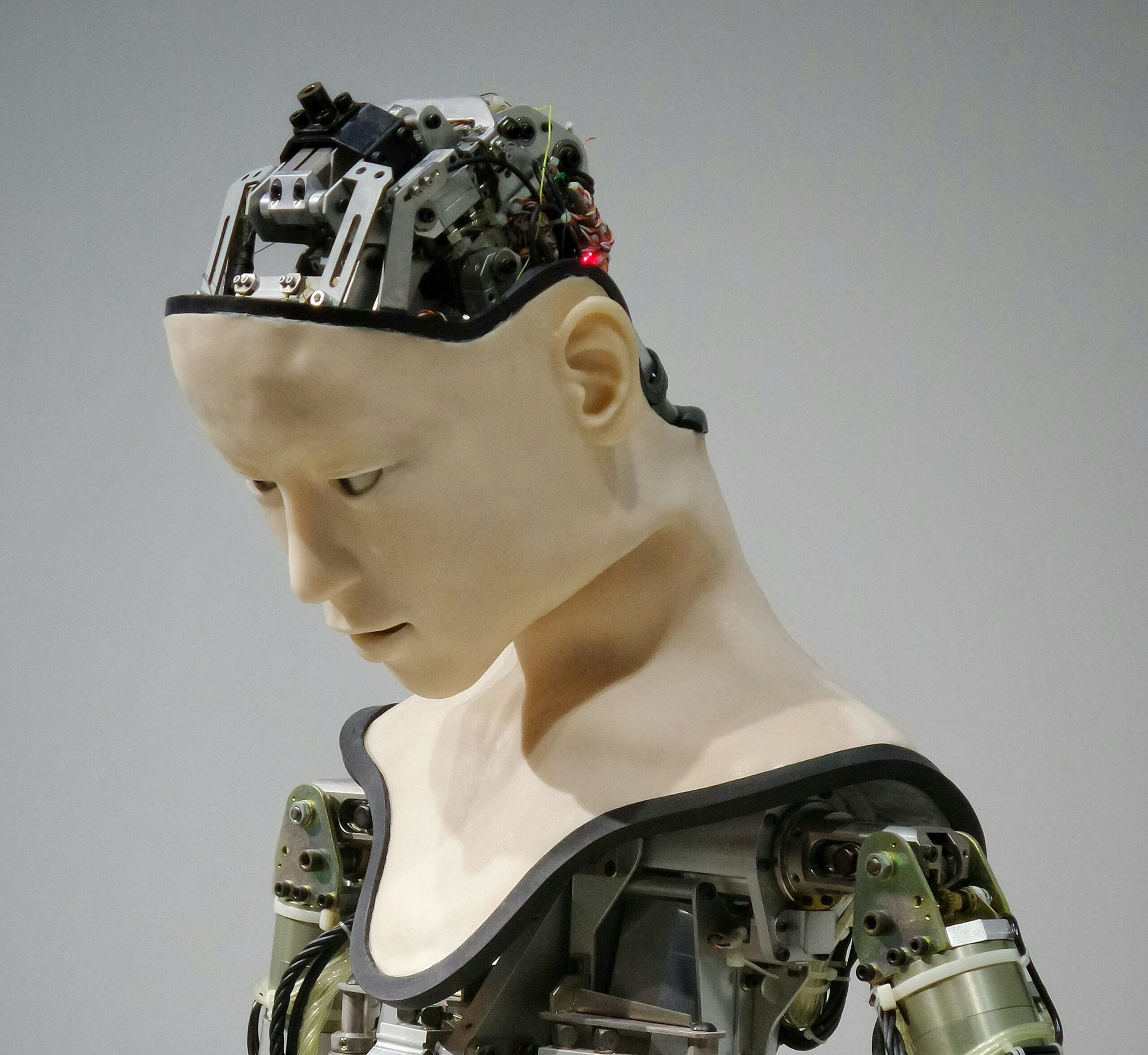What is digital transformation?
AI
Technology
11 March 2021

The term digital transformation has become something of a buzzword over the last year, yet the definition varies depending on who you ask.
Recent research from Headspring Executive Development says: “…people are struggling to reconcile the many different ways to define digital transformation. In one recent review, for instance, twenty-three distinct definitions were observed across 28 published articles.” The research did identify the common characteristics of these definitions. These largely centre on increasing business efficiency, upgrading customer experience. Streamlining manual operations by replacing with automated processes is key, alongside new emerging technologies, and innovation.
While adopting digital technologies isn’t a new thing - many businesses have been on the digital journey for years - the pandemic has certainly accelerated all things digital. There has been pressure on IT and tech departments to fast track this.
Businesses have had to adapt to working remotely while still effectively communicating with their workforce. All meetings and interactions in person were cancelled and alternative means put in place over the course of the pandemic. Online functions of businesses have been the focus of improvement. The ability to communicate more effectively with clients and customers, and addressing buying and selling behaviours quickly became paramount. Therefore, is the definition of digital transformation one in which businesses fully adopt digital practices and integrate them into their workforce and daily tasks?
What role does AI play in digital transformation?
The Investopedia definition of Artificial intelligence (AI) is: “the simulation of human intelligence in machines that are programmed to think like humans and mimic their actions. The term may also be applied to any machine that exhibits traits associated with a human mind such as learning and problem-solving.”
Undoubtedly AI has a significant role to play within digital transformation. Machine learning is advancing at an astonishing rate. From predictive analysis of habits used by major retailers, and voice and face recognition, through to virtual assistants and self-driving cars. The possibilities are endless, and AI will not just simply be limited to major corporations.
So, what will the impact be on day-to-day business? Initially it is likely machine learning and automation will integrate into business alongside humans. However, how will AI affect leadership and business in the future? Will we work alongside machines or will they replace jobs altogether?
The transformation of business over the last year and the possibilities of the future are remarkably interesting. For now, humans are very much needed in the workplace while this technology develops. And, as always, with innovation comes possibility.
About JMR
JMR can assist with legal roles within tech. Our legal expert Susan Shehadie says: “The rise in tech usage, SaaS, Ai data collection methods (scraping etc.) has led to an increased focus on regulations and regulatory bodies. Especially the way FinTech intersects with banking regulations, increased AMLR requirements, KYC and GDPR. All of which heighten the need for an informed and experienced Legal Counsel and Compliance experts focused on where your company’s digital transformation intersects and possibly circumnavigates this regulatory framework.”
Get in touch if you would like to know more about the types of roles and companies we recruit for.
References
https://www.headspringexecutive.com/research/digital-transformation-through-human-development?utm_source=pardot&utm_medium=email&utm_campaign=Digital%20Transformation
https://www.virginmediabusiness.co.uk/revolutionise-the-everyday/CEBR-report/?CMP=snb_gads-yne-cebrlnch_binggl-4380&gclid=Cj0KCQiAj9iBBhCJARIsAE9qRtDhwR6a6tEPZjuKKbMjtSf1fGEheNoyUV1xYEoxV3C-q1ZXTeKLW5caAo6oEALw_wcB
https://www.investopedia.com/terms/a/artificial-intelligence-ai.asp

